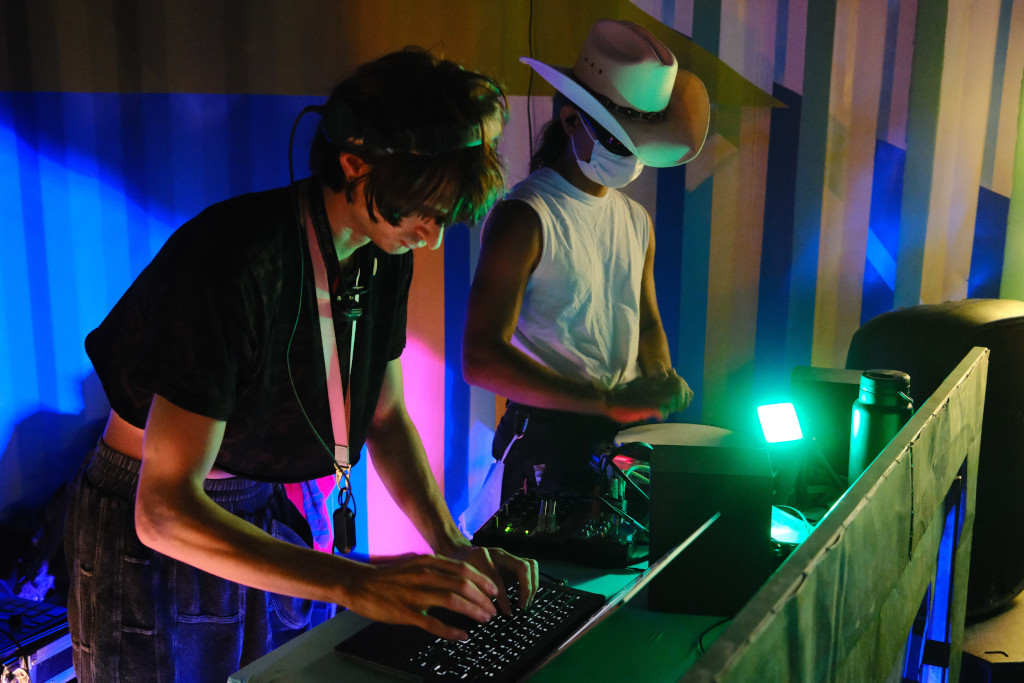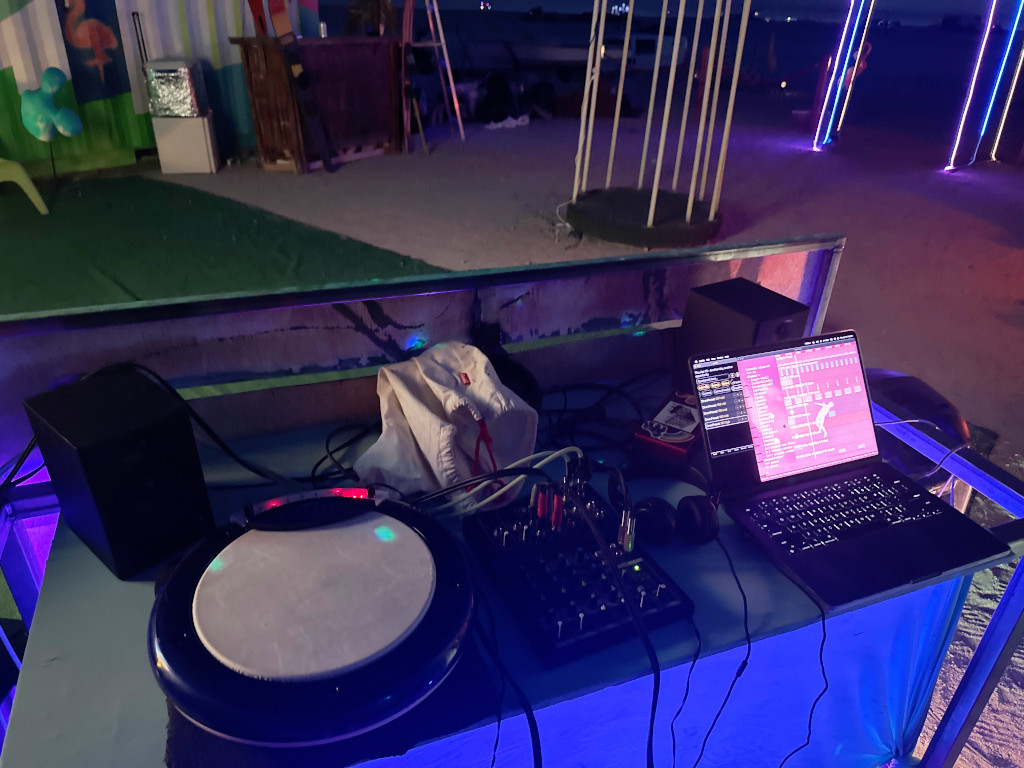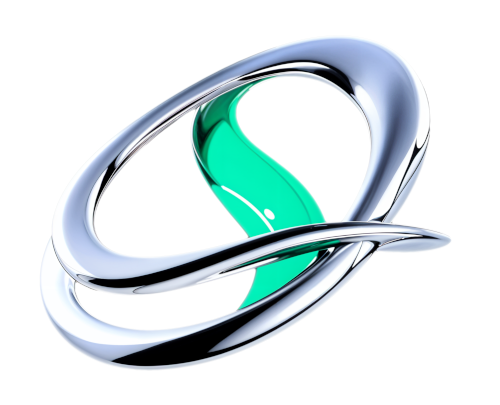- Published on
Ableton vs Logic vs Other Popular DAWs: Which Should You Try Next?
- Authors

- Name
- Joshua Jones
Ableton vs Logic vs Other Popular DAWs: Which Should You Try Next?
 Nes Croft (on Beat DJ) and Sixthson (on Korg Wavedrum) live at Bombay Beach Biennial
Nes Croft (on Beat DJ) and Sixthson (on Korg Wavedrum) live at Bombay Beach BiennialIf you’re just starting out (or you’ve been making beats for a while but feel stuck in one DAW), you’ve probably asked yourself: Am I using the right software? The truth is, there isn’t one “perfect” DAW, but each has its own vibe, workflow, and fanbase. Picking one can feel like choosing your main in a game: once you learn its moves, you’ll know if it fits your playstyle.
Let’s walk through Ableton, Logic, and a couple of other popular names, and then look at how Soniare’s Beat DJ fits into the picture; not as an add-on, but as a full DAW that takes a completely different approach to music-making.
Ableton Live
Ableton Live is the choice of experimenters and performers. Its Session View is a grid that makes looping, chopping, and launching clips feel more like playing an instrument than programming one, and that’s why it’s loved by DJs and electronic artists. Once you’re familiar with the interface, which looks simple but takes a little while to click, you’ll find it’s incredibly quick. Ableton is all about flexibility: it doesn’t care if you’re recording guitars, dragging in samples, or warping field recordings. For sound design, especially if you dip into Max for Live, it’s a goldmine. And thanks to its massive community, you’ll never run out of tutorials, sample packs, or forums full of people ready to swap tips.
Logic Pro
Logic Pro, on the other hand, feels like a fully equipped studio sitting inside your Mac. It’s polished, structured, and aimed at producers who want to go deep into arranging and composition. If Ableton is the sandbox, Logic is the film set. You can sculpt huge productions here, from cinematic scores to full band arrangements, and its MIDI tools are detailed enough to let you write almost anything you can imagine. The sound design potential is strong too, because Logic ships with a ridiculous number of built-in instruments and effects; you could easily spend years exploring them without needing extra plugins. The learning curve is real, though. The menus can feel overwhelming at first, like stepping into an RPG skill tree without a guide. But once you’re fluent, the control you get over your music is unmatched. Logic’s community is also big, although limited to Mac users, so it’s slightly smaller and more focused than Ableton’s. Even so, you can always find helpful Discords or Reddit threads dedicated to cracking Logic’s more complicated features.
FL Studio and Reaper
Then there’s FL Studio, which has a uniquely different energy. It’s fun, colorful, and known for being one of the fastest DAWs for beat-making. If you’ve ever watched a YouTube tutorial where someone whips up a full track in ten minutes, chances are they’re in FL Studio. Its pattern-based workflow makes sketching ideas feel almost instant, and that speed is why it’s so popular with hip-hop and EDM producers. Reaper sits on the other end of the spectrum. It’s cheap, endlessly customizable, and beloved by people who love to tinker. You can shape it into exactly what you want, but it takes time to set up. Both have dedicated communities, though they don’t dominate the scene quite like Ableton and Logic.
 A Korg Wavedrum and Beat DJ plugged into a mixer
A Korg Wavedrum and Beat DJ plugged into a mixerWhere Beat DJ Fits In
All of this leads to an important point: no matter which DAW you pick, the traditional ones aren’t always designed to help you perform, improvise, or push your sound design in radically new directions. That’s where Soniare’s Beat DJ stands apart. It isn’t a plugin or a sidekick to your current setup, it’s a full DAW on its own, designed from the ground up to make music creation faster, more fluid, and more performative.
Beat DJ is microtonal by default, letting you flip through endless exotic scales that most other DAWs make difficult to access. Samples you load are automatically pitch-shifted and chopped to fit your chosen scale and tempo, which means less fiddling and more flow. Instead of menus and mouse clicks, you control everything through a command-line interface. Just type a few words and you can call up instruments, trigger sounds, or even improvise an entire performance on the spot. You can preview sounds in your headphones before sending them to the audience, just like a DJ cueing up tracks. And because the timeline is infinite, your music loops forever, letting you tweak, refine, and stay in a flow state instead of constantly stopping and starting.
On top of that, Beat DJ comes with an AI assistant built right in. You can literally type “ai how do I make techno?” and get step-by-step commands to generate the building blocks of a track. It also has multiplayer mode, so you can jam with friends online by sharing a room and letting them send commands to your session. Add in visuals for live shows, automagic mixing that balances your sounds almost instantly, and even Ableton Link support for syncing with other devices, and you’ve got a platform that feels less like a traditional DAW and more like the future of performance-based production.
The Big Takeaway
My big takeaway? Ableton feels like home for loop lovers and performers. Logic is the choice for detail-oriented composers. FL Studio is for fast beat-making. Reaper is for the modders who want total control. Each DAW teaches you something new about your creative process and is worth exploring. But Beat DJ doesn’t just fit into this lineup, it breaks the mold entirely. Instead of worrying about whether you’ve picked the “right” DAW, you can focus on what really matters: finding your flow, shaping your sound, and performing your music in ways that feel fresh, exciting, and uniquely yours.
So, maybe the question isn’t “which DAW should I use?” but “how do I want to play the game?” With Beat DJ, you’re not just picking another character, you’re stepping into a whole new way to play.
